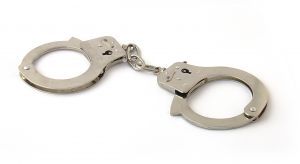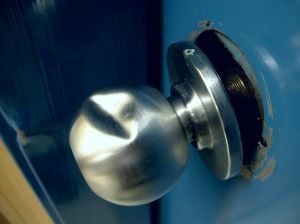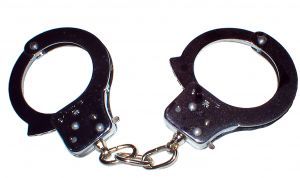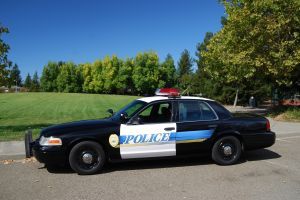Florida and Ohio courts both recently were tasked with weighing the viability of breathalyzer results as key evidence in criminal cases alleging driving under the influence of alcohol. Both courts came up with different answers.

The news isn’t good for those arrested for DUI in Florida.
In Vuong et al. v. Florida Department of Law Enforcement, Florida’s Fourth District Court of Appeal was not swayed by the claims of 41 DUI defendants from Palm Beach County. They claimed the administrative code governing the state’s top law enforcement agency was too vague and failed to provide sufficient guidance for approval and use of the standard Intoxilyzer 8000 breath test instrument.
Continue reading
 Fort Lauderdale Criminal Attorney Blog
Fort Lauderdale Criminal Attorney Blog



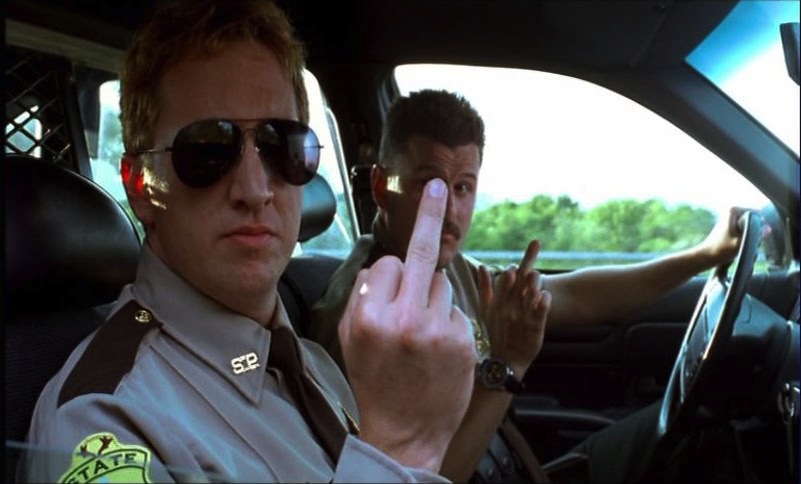 Hello folks,
Hello folks, 